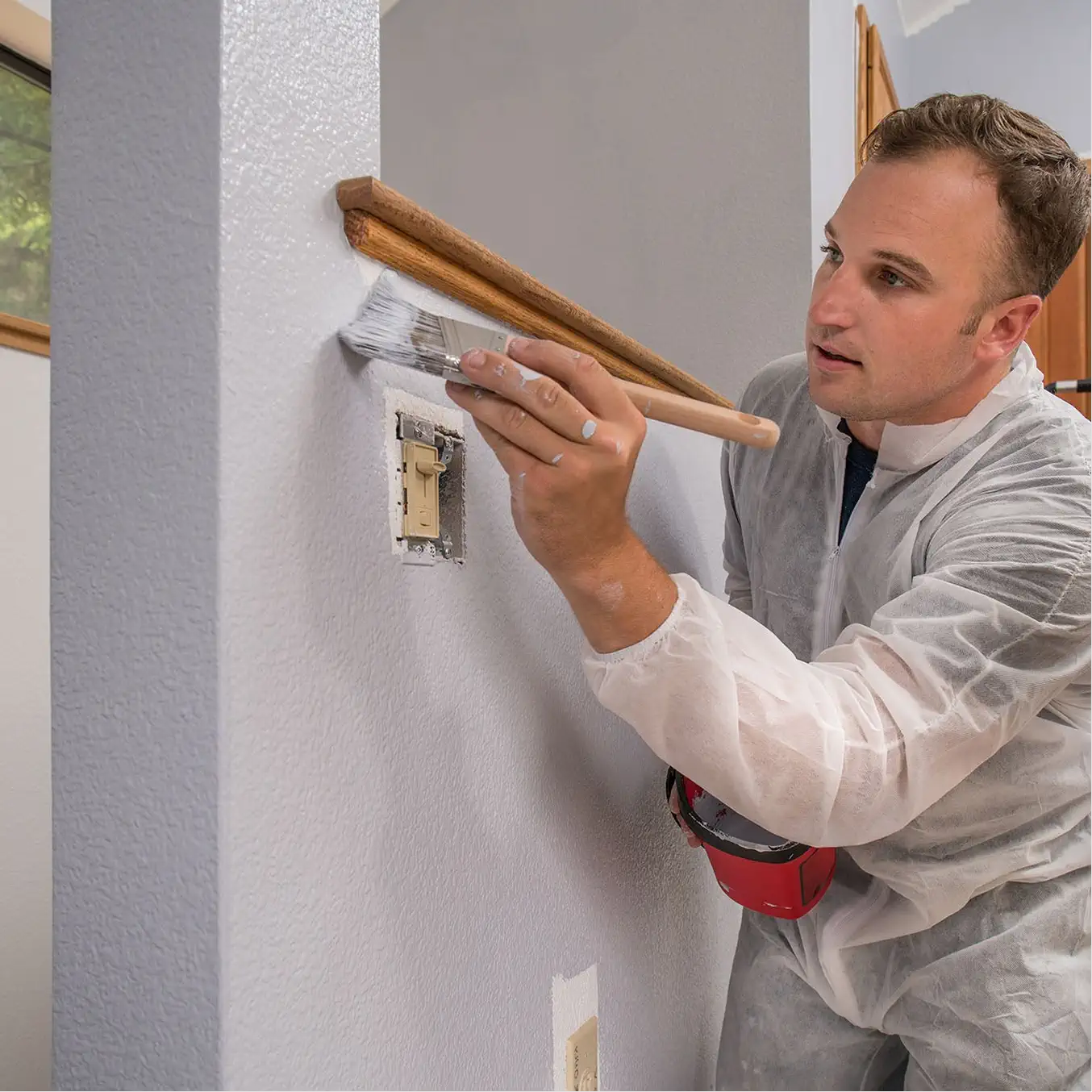iFOAM of NW Charlotte, NC

Spray foam, attic/crawl insulation, air sealing & removal.
Local insulation pros improving comfort and energy savings with precise installs and clean job sites.




Local insulation pros improving comfort and energy savings with precise installs and clean job sites.
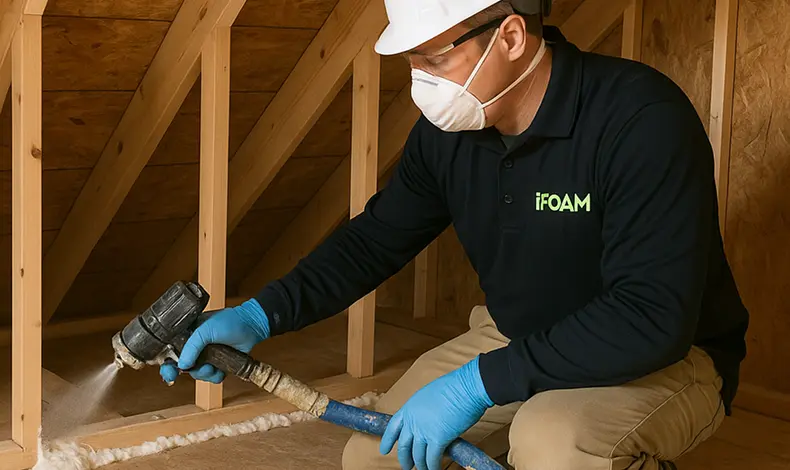
Air Sealing
Tiny gaps can cause big energy waste. Our pros seal air leaks to keep your home more comfortable and efficient.
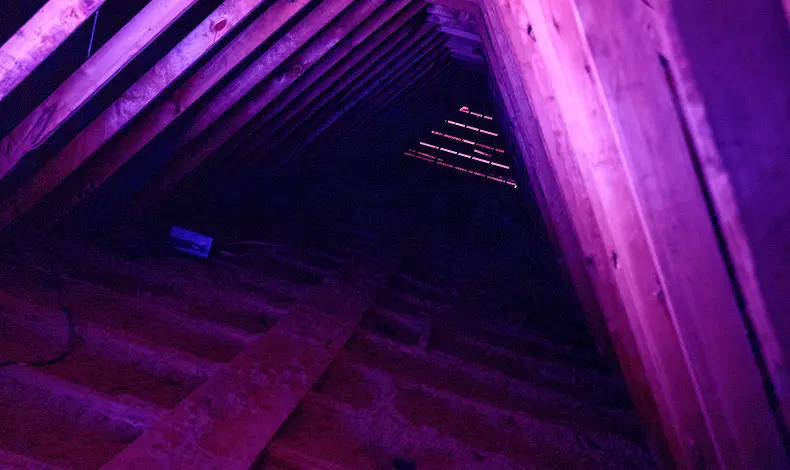
Attic Insulation
Stop heat loss where it matters most. Our attic insulation services help lower energy bills and keep temperatures consistent.
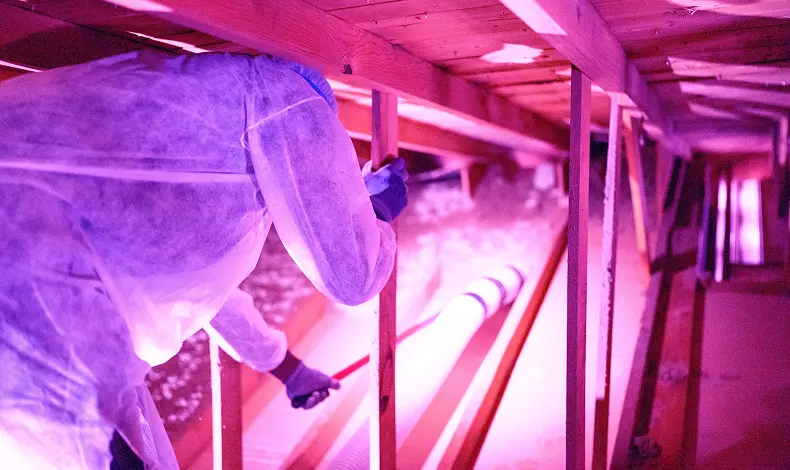
Attic & Crawlspace Insulation
Seal in comfort from top to bottom. Our attic and crawlspace insulation solutions protect your home from drafts and energy loss.

Basement Insulation
Create a more comfortable, efficient basement with insulation that keeps warmth in and moisture out.
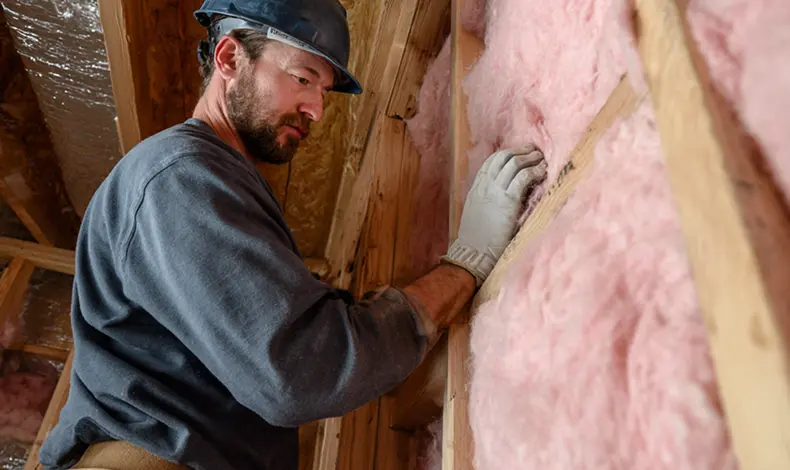
BATT Insulation
A classic, cost-effective solution for walls and ceilings—BATT insulation delivers reliable comfort and performance.
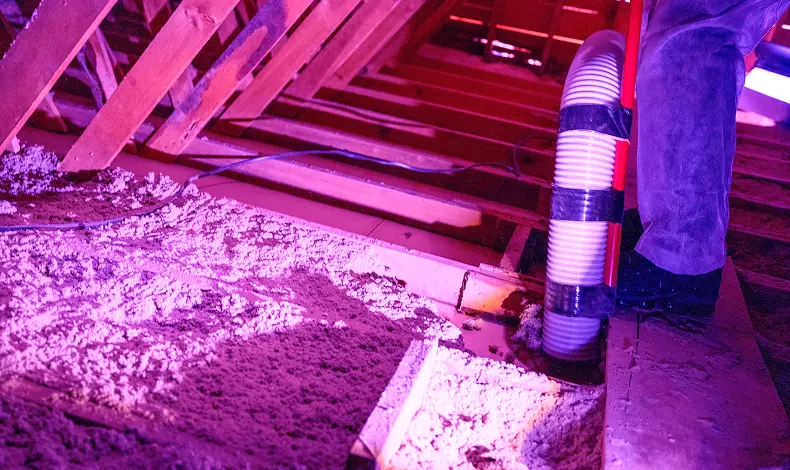
Blown-In Cellulose Insulation
Eco-friendly, efficient, and perfect for hard-to-reach areas—blown-in cellulose helps regulate temperature year-round.
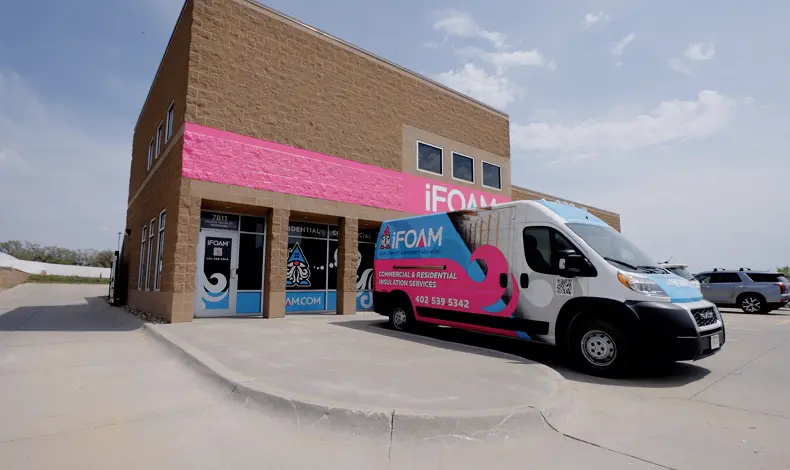
Commercial Insulation
Energy-efficient comfort for every business. Our commercial insulation solutions improve performance and reduce costs.
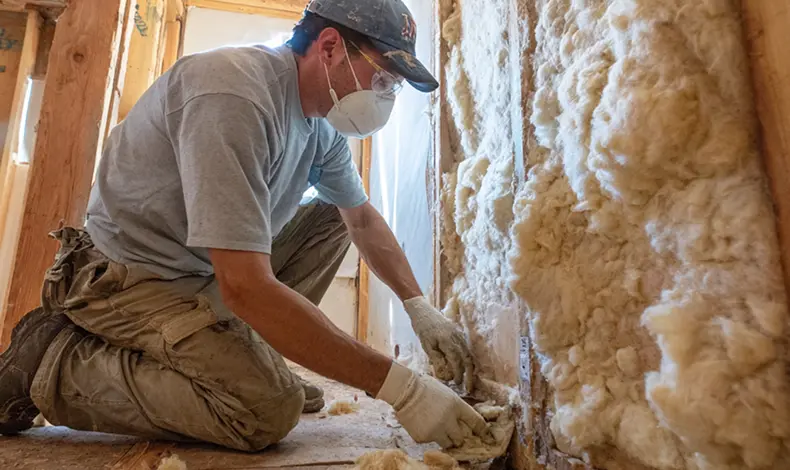
Insulation Removal
Out with the old, in with the efficient. We safely remove outdated insulation to make way for modern comfort and savings.
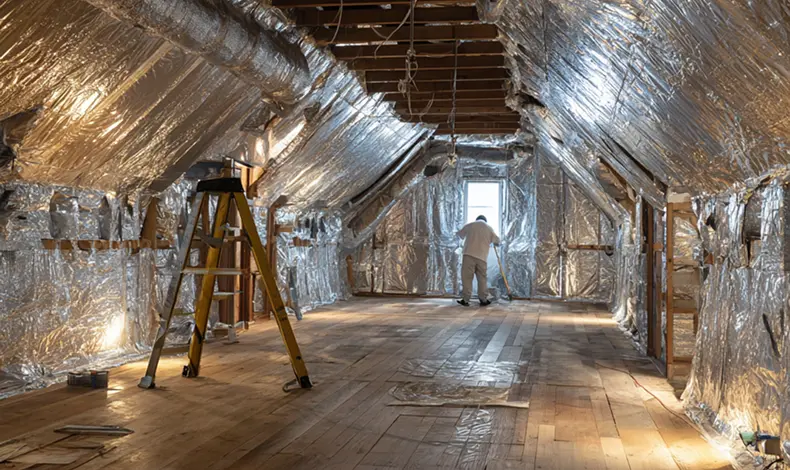
Radiant Barrier
Reflect heat and reduce energy costs with radiant barriers that keep your home cooler in summer and warmer in winter.

Residential Insulation
Keep your home cozy and energy-efficient year-round with expertly installed insulation designed for comfort and savings.
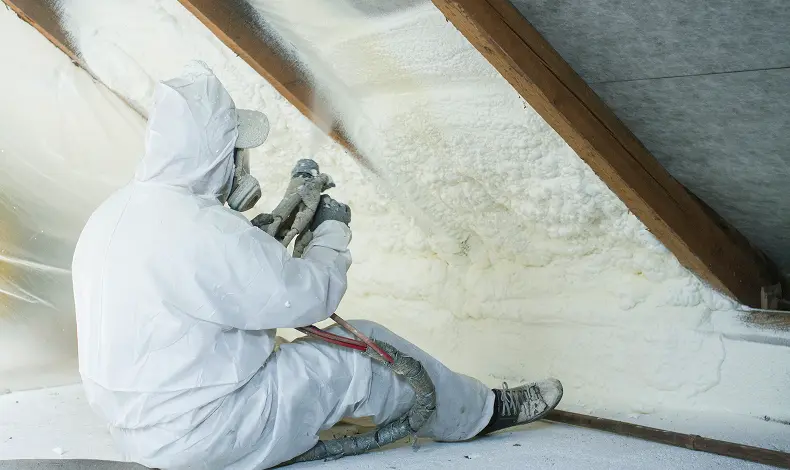
Spray Foam Insulation
Seal, insulate, and protect in one step. Spray foam provides superior efficiency, comfort, and long-term performance.
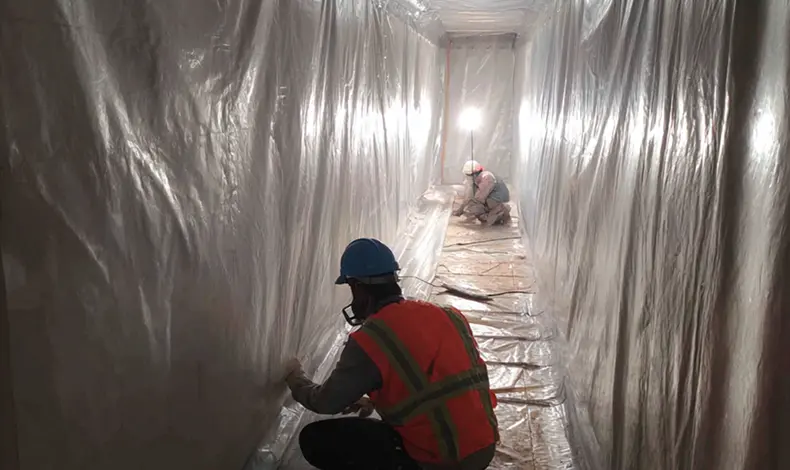
Vapor Barrier
Protect your home from unwanted moisture with vapor barriers that prevent mold and improve indoor air quality.
What our customers say.



Got any questions?
Still have questions?
Send us a message, we're happy to help!
Yes, it is generally resistant to pests and rodents due to its density and hardness when cured, which makes it difficult for pests to burrow through.
Yes, it is often used in conjunction with other forms such as fiberglass or rigid foam boards to optimize insulation performance and cost.
By improving the building envelope's tightness, it can reduce the load on HVAC systems, potentially allowing for smaller, more energy-efficient systems.
Spray foam insulation can last the lifetime of the home, often over 80 years, maintaining its performance without settling or degrading if properly installed.
Yes, once cured, spray foam is safe and does not emit harmful gases. However, during installation, it should only be handled by professionals due to the chemicals involved.
Yes, by providing a superior air barrier and higher R-values, spray foam reduces air leakage and the workload on HVAC systems, significantly improving energy efficiency.
Spray foam insulation typically offers a higher R-value per inch and creates an air seal that traditional materials like fiberglass and cellulose do not provide. This makes it more effective at reducing energy costs and preventing moisture issues.
Open-cell foam is softer and more flexible with a lower R-value, making it ideal for interior walls as it allows for moisture permeability. Closed-cell foam is denser, offers a higher R-value, and provides added structural support and moisture resistance, suitable for exteriors and areas prone to moisture.
Spray foam insulation is a chemical product that expands and hardens upon application, creating an effective thermal and air barrier. It's applied using a spray gun that mixes two chemicals, causing them to react and expand, filling gaps and sealing leaks in the building envelope.
Create an Account today.
Whether you’re planning a project or just trying to remember when to clean your gutters, we’ve got your back (and your inbox).


